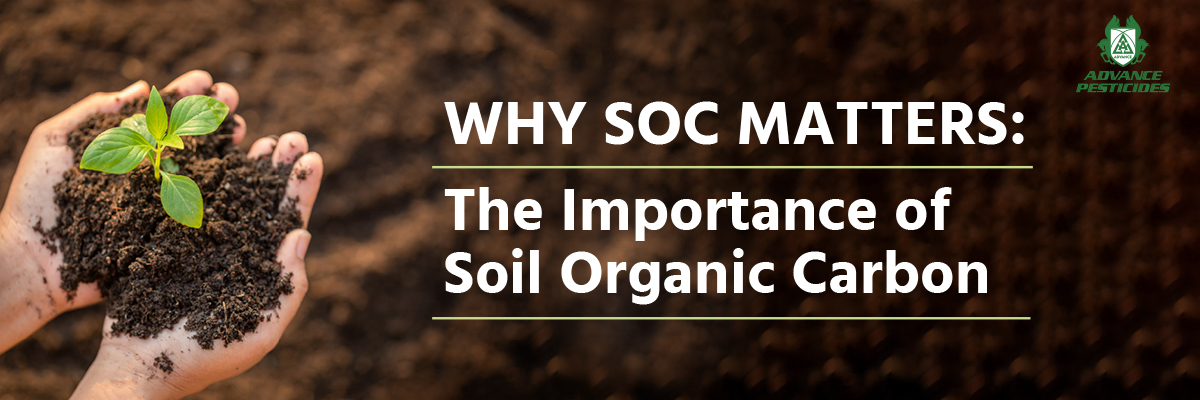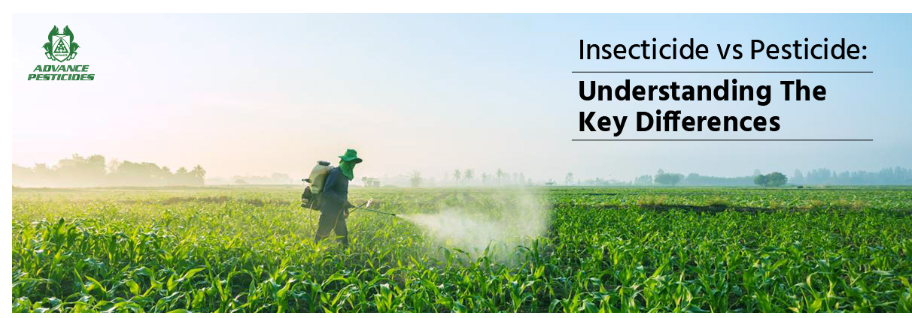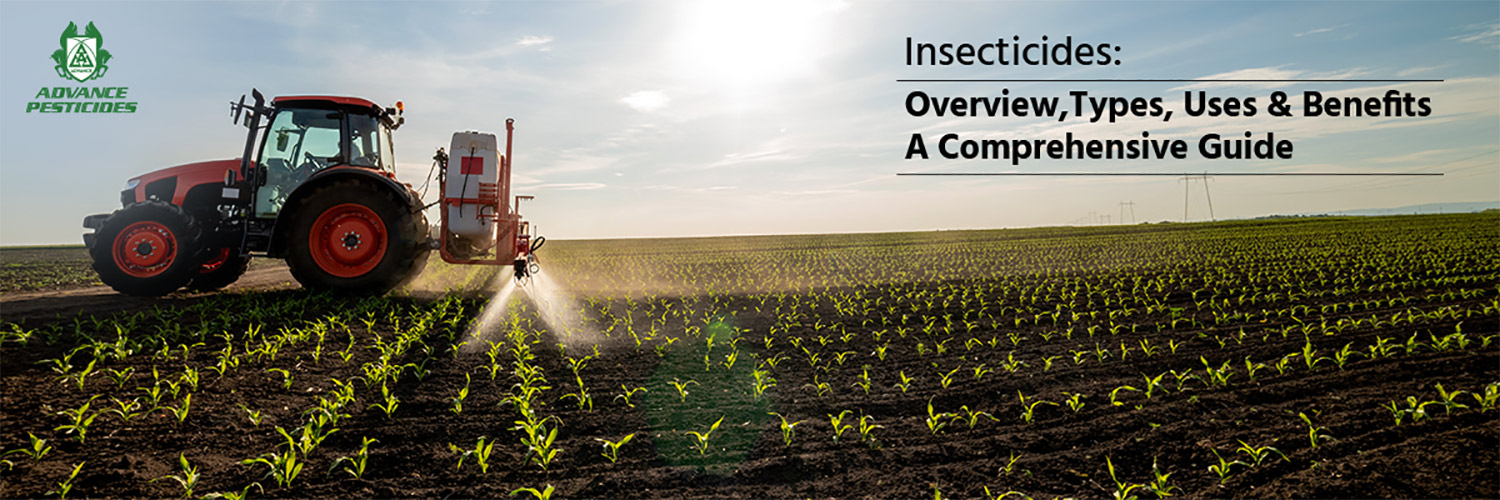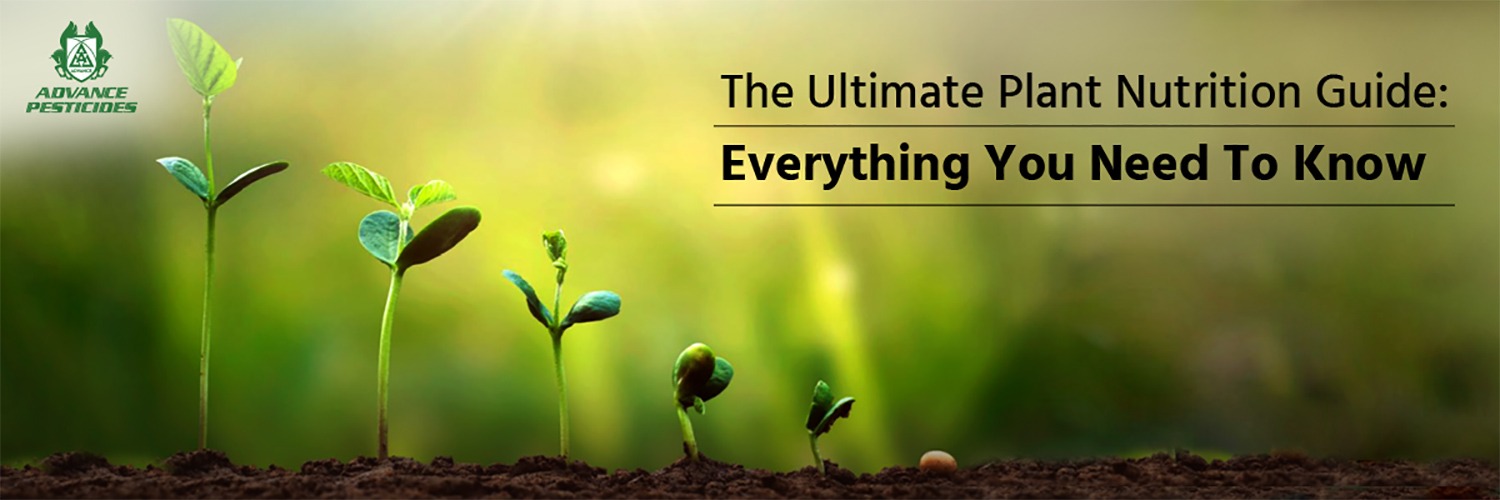Why SOC Matters: The Importance of Soil Organic Carbon

Understanding Soil Organic Carbon
Soil
is a vital resource for human civilisation. It serves as the foundation for
agriculture and ecosystems and a barrier against climate change. Within the soil,
organic carbon is crucial in supporting these functions. Soil organic carbon is
stored in the soil due to plant and animal decomposition. It is an essential
component of soil fertility and a critical determinant of soil quality,
biodiversity, and ecosystem.
Understanding soil organic carbon is critical for several reasons. Soil organic carbon contributes significantly to the global carbon cycle, with soils storing more carbon than all vegetation and the atmosphere. Consequently, it influences soil structure, nutrient availability, and water-holding capacity. Changes in soil organic carbon can significantly impact atmospheric carbon dioxide levels, making it an essential factor in global climate regulation.
Other reasons to understand soil organic carbon include its impact on erosion, biodiversity, and agricultural productivity.
The Importance of Soil Organic Carbon
Soil organic carbon is a vital source of plant nutrients, releasing essential elements such as nitrogen, phosphorus, and sulphur as it decomposes. These nutrients are crucial for plant growth and productivity, contributing to higher crop yields in agricultural systems. Additionally, soil organic carbon improves soil structure, promoting better water infiltration and retention, which is essential for plant root development and resilience to drought.
1. Boosting Soil Health
Soil health can be improved by crop rotation, adding organic matter, and reducing synthetic fertilisers and pesticides.
Healthy soil is essential for providing a suitable environment for plant growth, increasing nutrient availability, and lowering the risk of soil degradation.
2. Reducing Soil Erosion
Soil erosion occurs when the top layer of soil is carried away by wind or water. It is a natural process, but human activities such as deforestation and improper land management can accelerate erosion rates.
By implementing erosion control measures like terracing, contour ploughing, and planting cover crops, soil erosion can be minimised. Reducing soil erosion is crucial as it helps to preserve soil fertility, prevent sedimentation in water bodies, and maintain the structural integrity of landscapes.
3. Enhancing Soil Fertility
Enhancing soil fertility involves improving the nutrient content and availability of essential elements. This is done through organic farming, composting, and using fertilisers.
Fertile soil provides nutrients to the plants for healthy growth, resulting in higher crop yields. It also supports beneficial soil organisms and contributes to agricultural systems' overall sustainability and productivity.
4. Climate Change Mitigation
Climate change mitigation refers to efforts to reduce greenhouse gas emissions or enhance the removal of carbon dioxide from the atmosphere to mitigate the effects of climate change.
In the context of soil, certain agricultural practices like conservation tillage, agroforestry, and cover cropping can help sequester carbon in the soil, reducing its concentration in the atmosphere. Additionally, these practices can enhance the resilience of agricultural systems to climate change impacts.
5. Improving Water Management
Improving water management in agriculture entails implementing strategies to optimise water use and minimise water loss. Efficient irrigation techniques, such as drip or precision farming, can help deliver water directly to plant roots, reducing water waste.
Proper drainage systems and soil moisture monitoring can also help to prevent crop waterlogging or drought stress. Effective water management promotes sustainable agricultural practices and ensures the availability of water resources for other uses.
6. Increasing Agricultural Productivity
Increasing agricultural productivity refers to measures taken to increase the quantity and quality of agricultural output. This can be accomplished through a variety of methods. This includes using various crops, advanced farming techniques, and nutrient management.
Farmers can meet the rising demand for food, fibre, and other agricultural products by increasing productivity while reducing the need to expand agricultural land, easing pressure on natural resources.
7. Preserving Ecosystem Biodiversity
The protection and conservation of diverse species and habitats within an ecosystem is called biodiversity. Agricultural practices that promote biodiversity are maintaining hedgerows, creating wildlife corridors, and avoiding harmful pesticides.
Biodiverse ecosystems provide critical ecosystem services such as pollination, natural pest control, and nutrient cycling, all required for sustainable agriculture and overall environmental well-being.
FAQs Related to the Importance of SOC
Q1. How does soil carbon affect crop yield and agricultural productivity?
Soil carbon is vital for crop yield and agricultural productivity due to its impact on soil health and fertility. High soil carbon levels enhance soil structure, water-holding capacity, nutrient availability, and microbial activity.
These factors contribute to improved root growth, nutrient uptake, and overall plant health, increasing crop yield. Soil carbon helps mitigate the adverse effects of soil erosion and nutrient leaching, further supporting sustainable and resilient agricultural systems.
Q2. Can increasing soil carbon levels reduce the need for synthetic fertilisers?
Yes, increasing soil carbon levels can reduce the dependence on synthetic fertilisers. Soil organic carbon serves as a natural source of nutrients for plants. As the organic matter decomposes, it releases essential nutrients, such as nitrogen, phosphorus, and potassium, which are then made available to crops.
Higher soil carbon levels promote nutrient cycling and retention, reducing the risk of nutrient loss through leaching or volatilisation. This, in turn, decreases the need for synthetic fertilisers and helps farmers adopt more sustainable and cost-effective nutrient management practices.
Q3. What are some practical strategies for farmers to enhance soil carbon in their fields?
Farmers can employ several practical strategies to enhance soil carbon in their fields. Applying organic amendments like compost, manure, or cover crops helps increase organic carbon input into the soil.
Q4. Are there specific crops or farming systems that are more effective at building soil carbon?
Specific crops and farming systems can be more effective at building soil carbon. Perennial crops, such as orchards or agroforestry systems, have longer growth cycles and continuous root biomass, allowing for more significant soil carbon accumulation.
Q5. How long does it take to see the effects of soil carbon management practices on crop productivity?
The time required to see the effects of soil carbon management practices on crop productivity can vary. In some cases, specific changes, such as improved soil structure and water-holding capacity, can be observed relatively quickly within a few years.
The full benefits of soil carbon management, such as increased nutrient availability and long-term carbon sequestration, may take several years or even decades to become fully apparent. The effectiveness of management practices will also depend on factors like soil type, climate, crop selection, and the techniques employed.
Conclusion
The
discussion surrounding soil solutions and sustainable agriculture is paramount
today. As we have explored various aspects of this topic, it is evident that
innovative approaches and advanced technologies are essential for addressing
the challenges faced by our soil. By adopting sustainable practices and
leveraging the power of science, we can pave the way for a more resilient and
productive agricultural sector that will sustainably feed our growing
population for generations to come.
Explore Advance Pesticides for Sustainable Soil Solutions
With a steadfast dedication to excellence, unceasing ingenuity, and a deep reverence for our planet, Advance Pesticides will forge ahead as pioneers in the agricultural landscape. This company aims to revolutionise the industry, enriching lives globally with the safest and most conscientious solutions and ground-breaking innovations. Their product range is made consciously by giving sustainability a top priority. Join hands with this company and promote a green and healthy environment.





